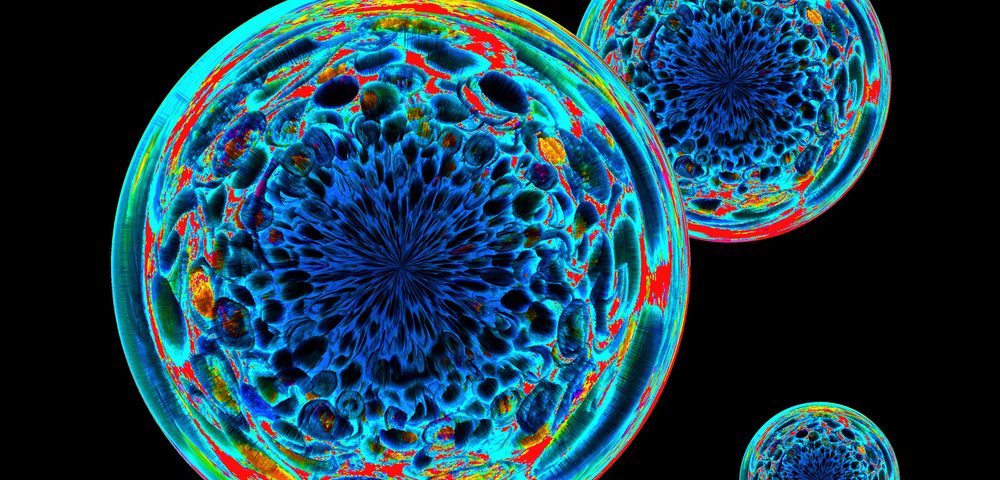With the right molecular cues, breast cancer cells can be converted into harmless fat cells, preventing tumors from progressing and spreading, a study in mice shows.
The study, “Gain Fat-Lose Metastasis: Converting Invasive Breast Cancer Cells into Adipocytes Inhibits Cancer Metastasis,” was published in Cancer Cell.
One of the reasons cancer can be so hard to treat is that tumors and the cells in them tend to be very plastic, meaning they can quickly change in response to external cues. This is how tumors can become resistant to chemotherapy and how some cells are able to spread.
In particular, a process call epithelial-to-mesenchymal transition (EMT) is known to play a critical role in cancer cells’ ability to spread throughout the body. During EMT, a cell becomes de-differentiated, meaning that it stops taking on the traits of a specific cell type — like a breast cancer cell — and begins to behave more like a stem cell.
In many ways, this isn’t a good thing, because it can lead to metastases that are often the cause of patient death — yet researchers wondered whether the tumors might be exposing a weakness when they undergo EMT. After all, stem cells can, with the right molecular signals, be induced to differentiate into many kinds of cells. Might a cancer cell undergoing EMT be similarly susceptible to being turned into a harmless cell type?
The researchers first demonstrated that, using the right molecular cues, breast cancer cells that had undergone EMT could be converted into fat, bone and cartilage cells in a dish. Breast cancer-derived fat cells, in particular, behaved much like a normal fat cell, producing many markers of the fat metabolism.
Interestingly, these fat cells stopped proliferating and had their tumor-promoting genes go back to normal levels. Also, when the molecular cues were removed, the cells did not turn back into breast cancer cells.
Then, investigators treated breast cancer mouse models with two drugs that mimicked the signals for turning EMT-derived breast cancer cells into fat cells. These drugs — already approved by the U.S. Food and Drug Administration — were PD98059, which inhibits the cancer-associated protein MEK, and rosiglitazone, an anti-diabetic drug.
As had happened in cultured cells, the tumor cells in these mice expressed many markers indicative of fat cells. This was particularly true of cells near the edge of the tumor, where invasive cells are thought to come from and where EMT is more common, and mice with tumor types that usually spread showed remarkably less metastasis upon receiving the treatment.
“The breast cancer cells that underwent an EMT not only differentiated into fat cells, but also completely stopped proliferating,” Gerhard Christofori, a co-author of the study, said in a press release. “As far as we can tell from long-term culture experiments, the cancer cells-turned-fat cells remain fat cells and do not revert back to breast cancer cells.”
The researchers believe that if enough tumor cells are converted to fat cells, it could seriously inhibit a tumor’s ability to withstand conventional chemotherapy. Their next steps will include trying this strategy in combination with other cancer drugs and in other cancer types.

